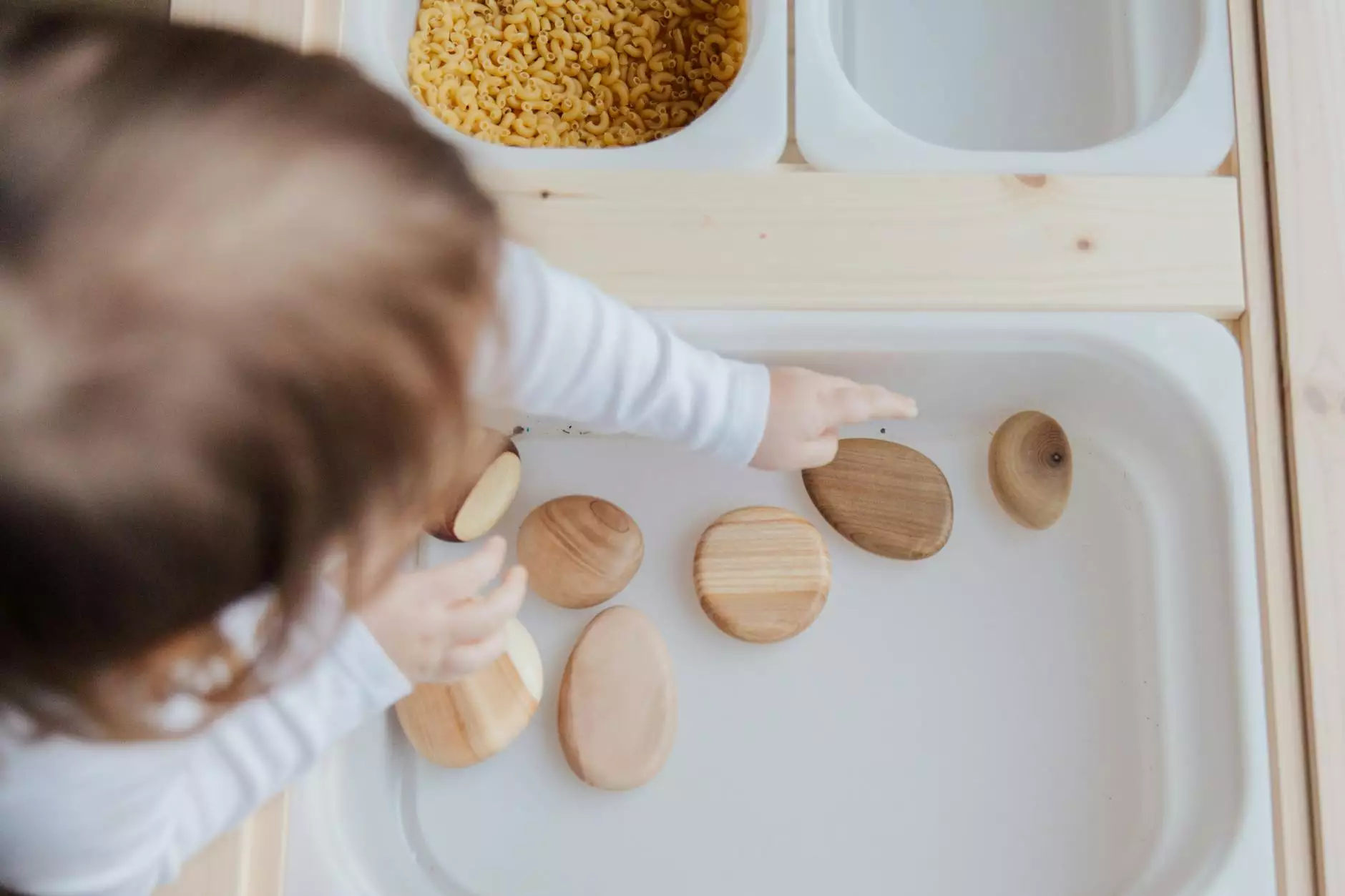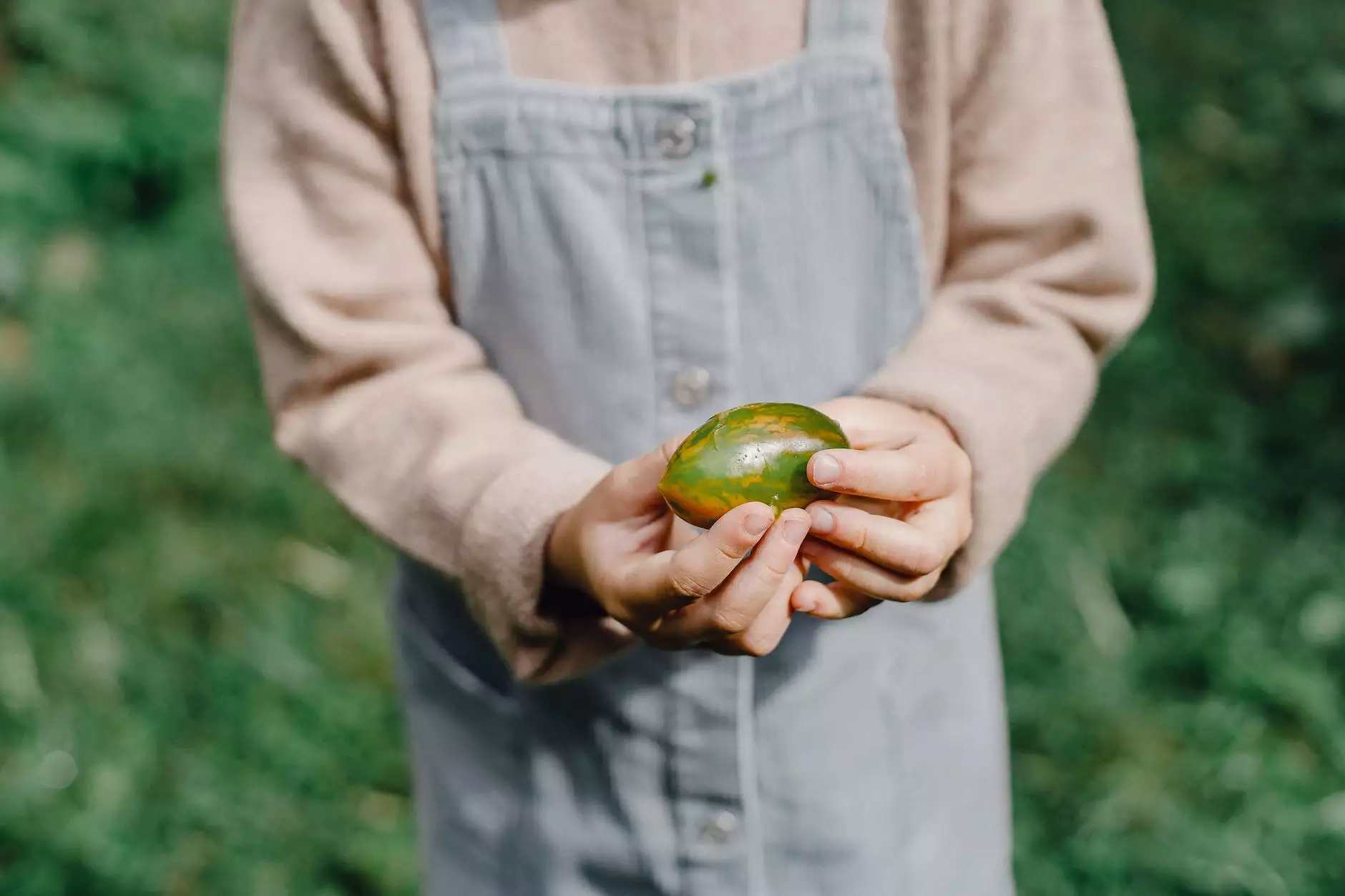5-7 Years Motor Skills

As children grow and develop, it is essential to understand the importance of their motor skill development. Motor skills refer to the ability to control and coordinate movements with precision and accuracy. During the ages of 5 to 7 years, children experience significant advancements in their motor skills, enabling them to engage in a wide range of physical activities and tasks. In this comprehensive guide, we will delve into the various aspects of motor skill development during this critical stage of childhood.
Why Are Motor Skills Important?
Motor skills play a vital role in a child's overall physical, cognitive, and emotional development. They directly impact a child's ability to perform everyday tasks and activities, from basic movements like running and jumping to more complex actions like handwriting, sports activities, and using utensils.
Developing strong motor skills enhances a child's confidence and sense of independence. It allows them to explore their surroundings, engage in social interactions, and participate actively in both academic and recreational environments. Additionally, motor skills are closely linked to cognitive development, including problem-solving, spatial awareness, attention span, and memory retention.
Types of Motor Skills
Motor skills can be broadly categorized into two main types: gross motor skills and fine motor skills. Understanding the distinction between these two types can help parents and caregivers better support their child's overall development.
Gross Motor Skills
Gross motor skills involve the coordination of large muscle groups and the ability to perform whole-body movements. Children between the ages of 5 and 7 typically demonstrate significant improvements in their gross motor skills, allowing them to engage in activities such as running, jumping, hopping, skipping, and climbing. These skills contribute to their physical fitness, stamina, and overall body coordination.
To support the development of gross motor skills, encourage your child to participate in outdoor activities, such as sports, swimming, riding a bicycle, or playing on playgrounds. Provide opportunities for them to engage in free play and structured physical exercise, promoting muscle strength, endurance, balance, and coordination.
Fine Motor Skills
Fine motor skills involve smaller muscle movements, especially those of the hands and fingers. These skills are crucial for tasks that require precision, dexterity, and hand-eye coordination, such as writing, drawing, tying shoelaces, using cutlery, and manipulating objects.
Between the ages of 5 and 7, children typically refine their fine motor skills, exhibiting improved hand strength, finger control, and overall coordination. Encourage activities that promote fine motor skill development, such as coloring, puzzle-solving, playing with construction toys, stringing beads, and using scissors for cutting practice. These activities not only enhance their fine motor skills but also support their creativity, problem-solving abilities, and cognitive function.
Tips to Enhance Motor Skills Development
Here are some practical tips to support your child's motor skills development during the ages of 5 to 7 years:
- Encourage outdoor play and physical activities that involve large muscle movements.
- Provide age-appropriate toys and tools that promote fine motor skill development.
- Engage in activities that require hand-eye coordination, such as ball games or building with blocks.
- Promote regular practice of activities like drawing, writing, and coloring.
- Support your child in developing self-help skills, such as dressing and feeding independently.
- Offer opportunities for sensory play, including activities involving textures, shapes, and sizes.
- Engage in interactive games that require balance, coordination, and spatial awareness.
- Encourage participation in organized sports activities, dance classes, or martial arts.
- Practice fine motor skill activities that involve hand and finger strengthening exercises.
- Ensure a balance between structured activities and unstructured free play to foster overall development.
Conclusion
The development of motor skills between the ages of 5 and 7 years is a crucial aspect of a child's growth. By understanding the importance of motor skills and implementing practical strategies to support their development, you can help your child thrive physically, cognitively, and emotionally. Remember, each child develops at their own pace, so providing a nurturing and supportive environment is essential. Enjoy witnessing your child's motor skills flourish as they embark on exciting adventures and discoveries during this critical stage of their journey.




